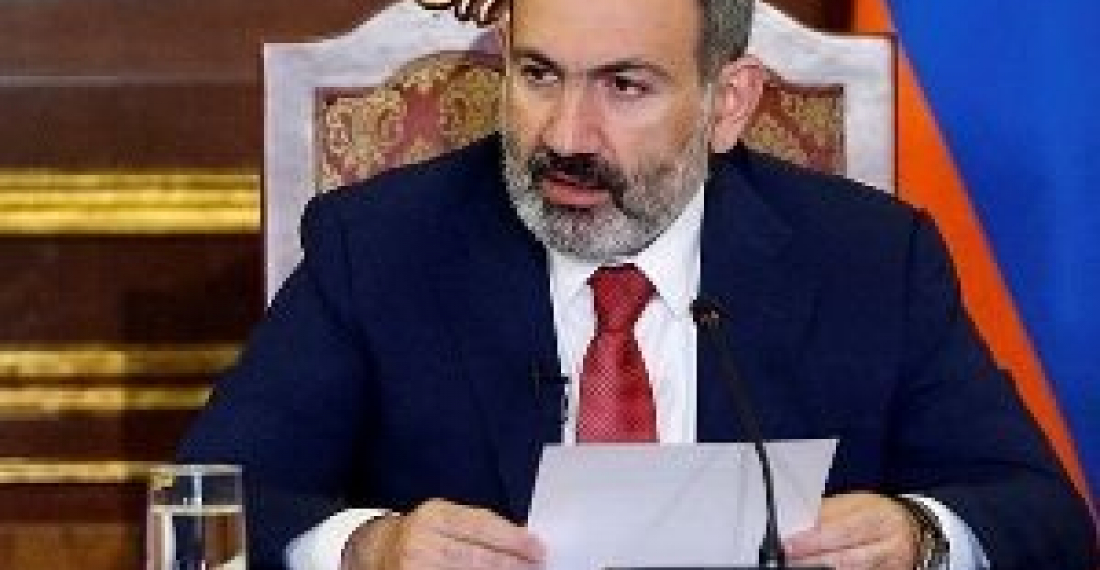Armenian prime minister Nikol Pashinyan on Monday (20 May) announced a series of measures for reform in the country's judicial system which he says will ensure that the country's courts are in line with the wishes of the people.
Addressing the Cabinet of Ministers in a speech televised live, Pashinyan said that "the Armenian people perceive the judiciary as a remnant of the former corrupt system where conspiracy is constantly being designed and implemented against the people. How realistic this presumption is, or is justified, is a completely different matter. But the fact that the judicial power does not have the people's trust does mean that there is a legitimacy issue that is a threat to our country's normal life, stability and national security."
Pashinyan announced five measures which he said were aimed at restoring trust in the Armenian judicial system:
1. All judges in Armenia shall be subject to a vetting process during which the public should have complete information about the judge's political connections, property and assets, and his / her personal and professional qualities and past record.
2. All judges who gave judgements that were subsequently considered by the European Court for Human Rights to have violated the rights of Armenian citizens should resign or be removed.
3. All judges who know that they cannot be impartial should do the right thing and resign.
4. There should be an assessment of the transitional justice measures implemented in the last seven or eight months, in a month or two;
5. The National Assembly should take legislative measures to implement reforms leading to a truly independent judicial system in Armenia. If necessary, this should be implemented by constitutional amendments, or if necessary, by popular referendum.
Pashinyan stressed that all these processes should be carried out in cooperation with international organisations and within the framework of international best practices and international commitments of Armenia.
In his speech, the Prime Minister also explained the meaning of his call for citizens to block all courts in the republic, noting that this symbolizes that, according to the Constitution, the judicial power in Armenia belongs to the people and should reflect the will of the people.
Pashinyan's speech followed a tense few days, which saw the country's courts ordering the release of former president Robert Kocharian who has been accused of overturning the country's constitutional order with his actions following presidential elections in February 2008. The ruling was seen as a direct challenge to the will of the "Velvet Revolution" and its leaders. On Sunday, Pashinyan in a facebook message ordered his supporters to block all Armenian courts, a measure heavily criticised by opposition parties.
Shortly after announcing the reforms, Pashinyan went back on facebook to tell his supporters to stop the blockade of the courts. “Today’s campaign served its goal, the process of having an independent judiciary in Armenia has begun and is irreversible. I love you all, I am proud of you all, and I bow before you all. With courage,” he said on Facebook.
source: commonspace.eu with agencies
photo: Prime Minister Nikol Pashinyan addressing the Cabinet of Ministers in Yerevan on 20 May 2019.







